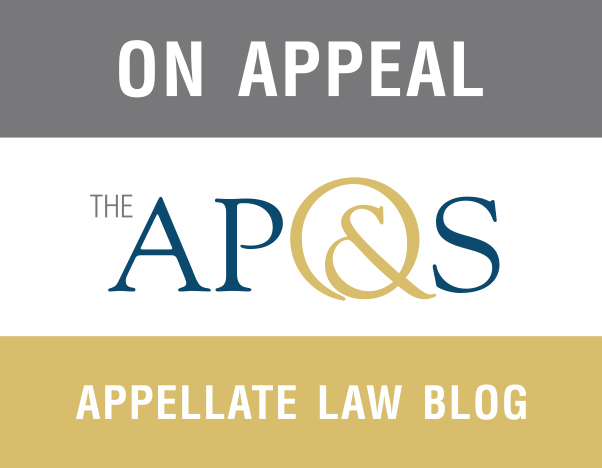Burns v. Moorland Farm Condominium Association, 87 A.3d 392 (R.I. 2014): In Burns, the Rhode Island Supreme Court reaffirmed its prior holdings and held that the failure to join indispensable parties pursuant to the Declaratory Judgment Act rendered the Superior Court’s judgment “null and void.”
Under Rhode Island’s Declaratory Judgment Act, “all persons shall be made parties who have or claim any interest which would be affected by the declaration, and no declaration shall prejudice the rights of persons not parties to the proceeding.” R.I. Gen. Laws § 9-30-11. Persons who have or claim any interest that would be affected by the declaration are indispensable parties. This provision is mandatory. Abbatematteo v. State, 694 A.2d 738, 740 (R.I. 1997). Thus, “the Superior Court should not assert jurisdiction” unless all persons who have a direct interest in the dispute are made parties. Id.; see also Sullivan v. Chafee, 703 A.2d 748, 751 (R.I. 1997) (“A court may not assume subject-matter jurisdiction over a declaratory-judgment action when a plaintiff fails to join all those necessary and indispensable parties who have an actual and essential interest that would be affected by the declaration.”). “‘Failure to join all persons who have an interest that would be affected by the declaration’ is fatal.” Id. (quoting Thompson v. Town Council of Westerly, 487 A.2d 498, 499 (R.I. 1985)).
In accordance with this case law, in Burns the Supreme Court held that condominium unit owners who must share in the cost of a judgment should have been joined in the action because they were parties whose interests could be affected by the judgment. Consequently, the plaintiffs’ failure to join the condominium owners was fatal and made the judgment null and void.
Rosano v. Mortgage Electronic Registration Systems, 91 A.3d 336 (R.I. 2014): Relying on its decision in Burns v. Moorland Farm Condominium Association, 87 A.3d 392 (R.I. 2014), the Supreme Court again emphasized in Rosano that ordinarily, in an action brought under Rhode Island’s Declaratory Judgment Act, “failure to join all persons who have an interest that would be affected by the declaration is fatal.” Consistent with that authority, the Court held that in a foreclosure action, the plaintiff’s failure to name the current title holder of the property was fatal to the plaintiff’s action. The plaintiff argued that the current title holder of the property was sufficiently on notice of the action because it had an “incestuous relationship” with one of the defendants named in the action. The Supreme Court disagreed, concluding that such notice was insufficient under the Declaratory Judgment Act, which requires that all parties who have an interest that would be affected by the declaration be joined in the action.



